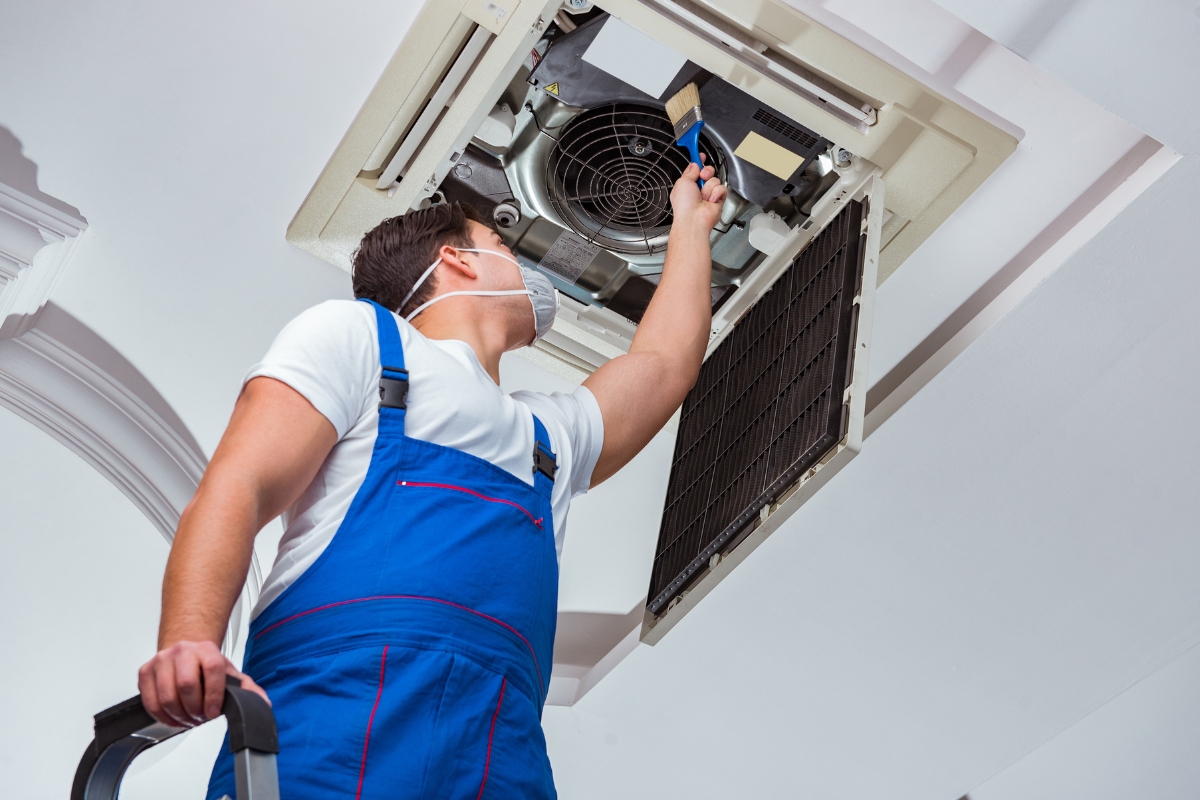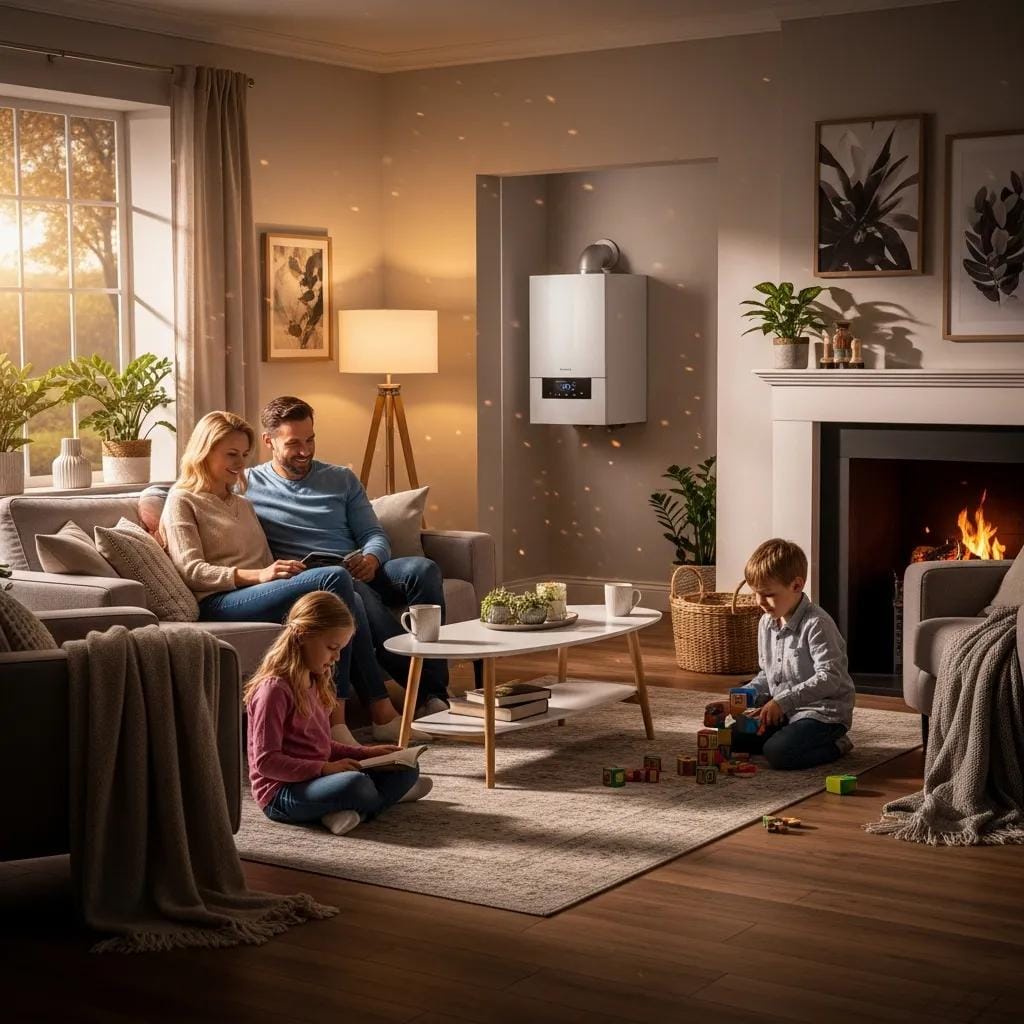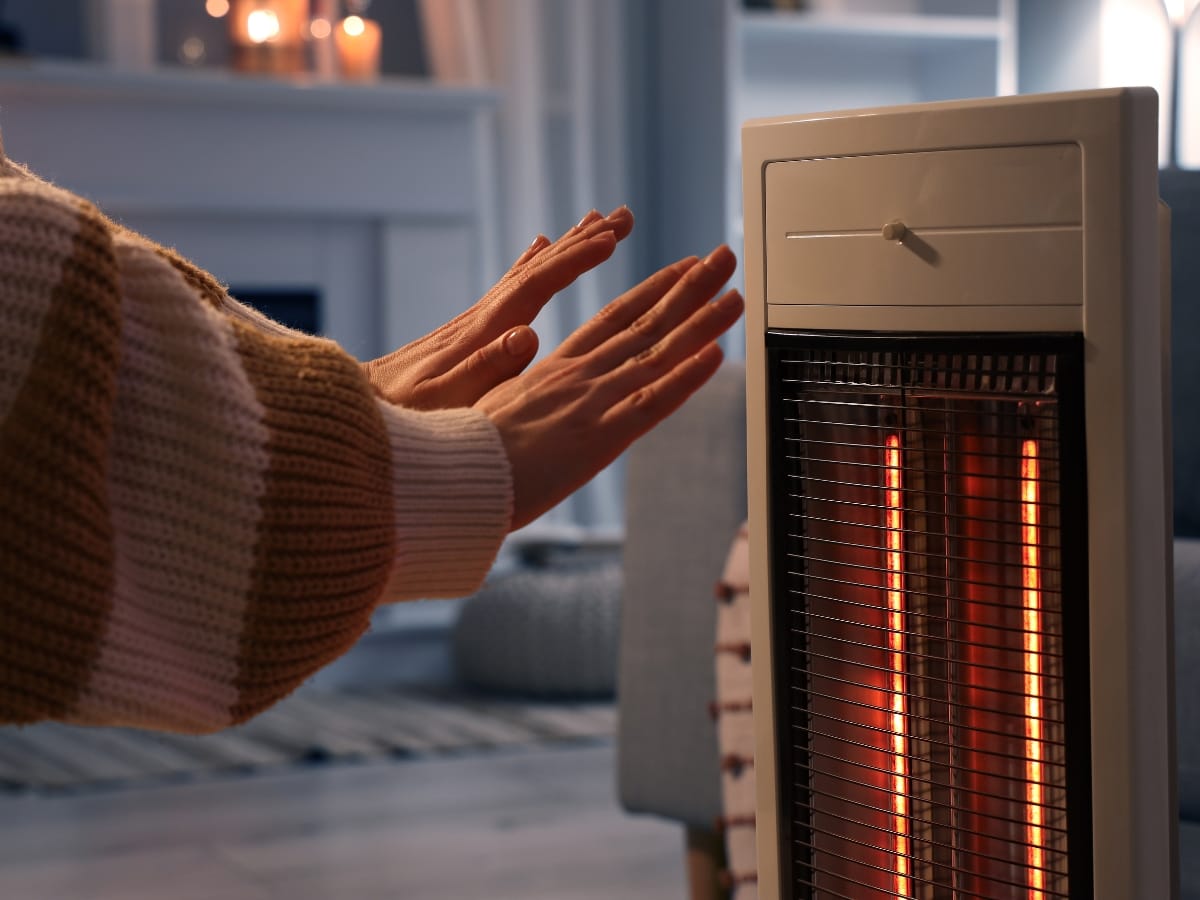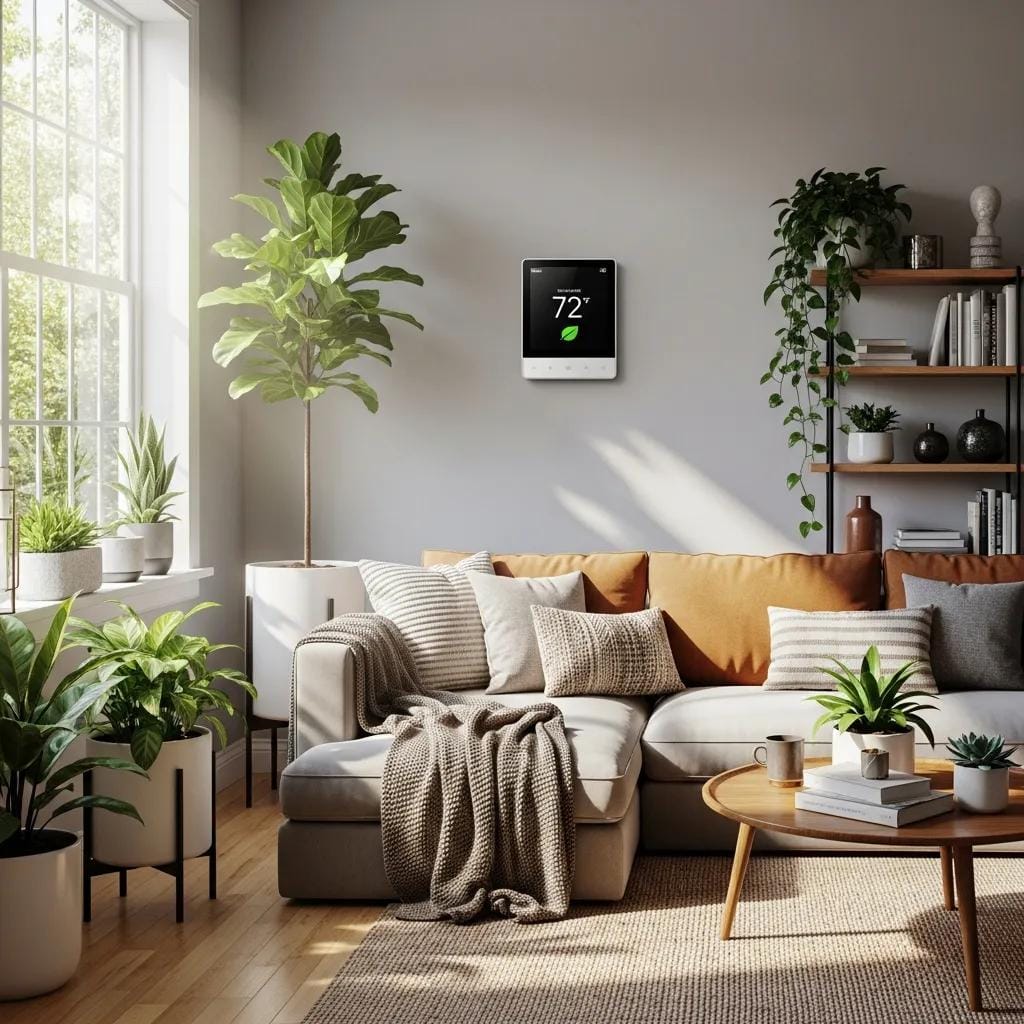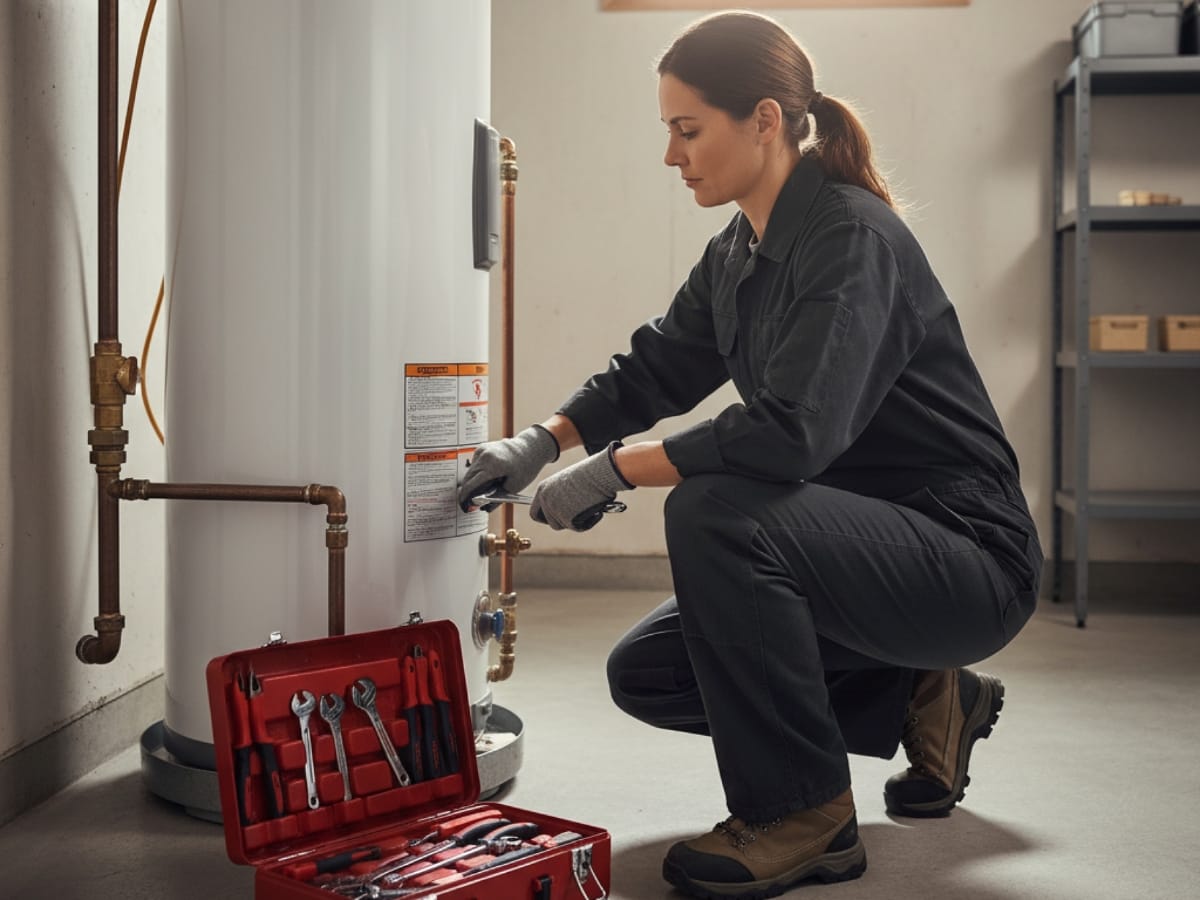In today’s world, where efficiency and comfort go hand in hand, optimizing your home’s heating, ventilation, and air conditioning system is essential.
Whether you’re a homeowner looking to enhance the energy efficiency of your living space or a business owner aiming to create a comfortable environment for your customers and employees, this guide will provide you with actionable insights on how to transform your space with an HVAC system upgrade.
We’ll break down complex concepts into digestible pieces, giving you a clear roadmap to navigate through the process. So, let’s dive in and explore how you can unlock a new level of efficiency and comfort for your home or business through strategic HVAC system upgrades.
Is It Time for an HVAC System Upgrade? Discover the Benefits!
Understanding the Benefits of an HVAC System Upgrade
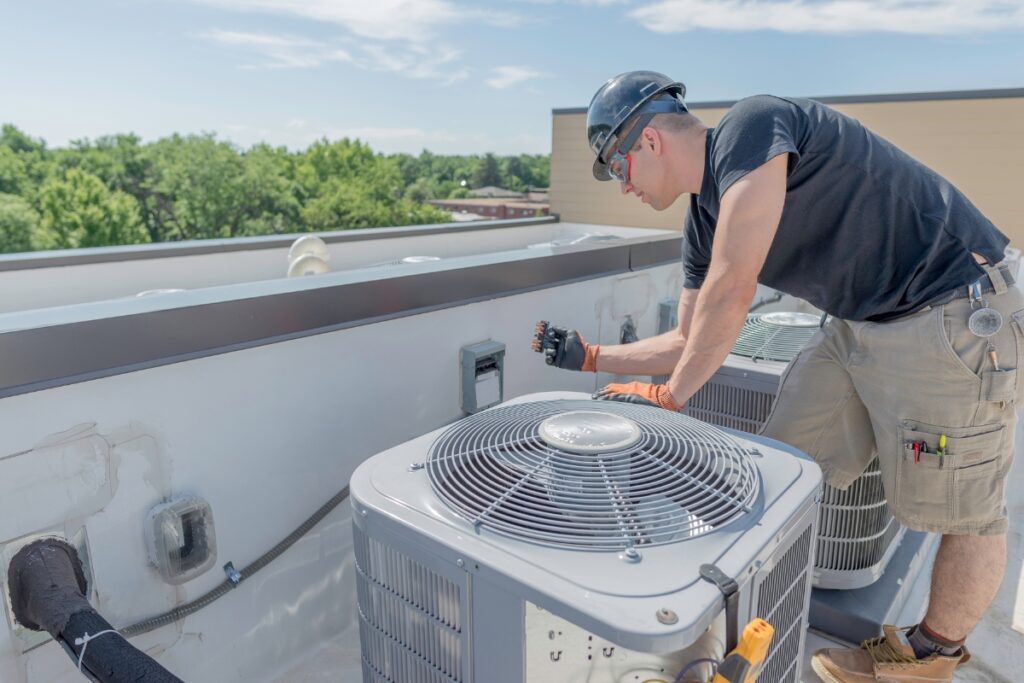
An HVAC system upgrade offers a multitude of benefits that go beyond just improving the comfort of your home. By investing in a modern and energy-efficient system, you can significantly reduce your energy consumption and lower your utility bills. Additionally, upgrading your HVAC system can enhance the air quality in your home, creating a healthier living environment for you and your family.
One of the key advantages of upgrading your HVAC system is improved energy efficiency. Older systems tend to be less efficient, resulting in higher energy consumption and increased costs. By replacing your outdated system with a newer model, you can take advantage of advanced technologies that are designed to maximize energy efficiency. These systems use less energy to achieve the same level of heating or cooling, resulting in substantial savings over time.
Another benefit of upgrading your HVAC system is improved comfort. Newer systems offer more precise temperature control, allowing you to maintain a consistent and comfortable indoor environment throughout the year. Whether it’s sweltering heat or freezing cold outside, a modern HVAC system will ensure that you always feel comfortable inside your home.
Assessing Your Home’s Heating and Cooling Needs
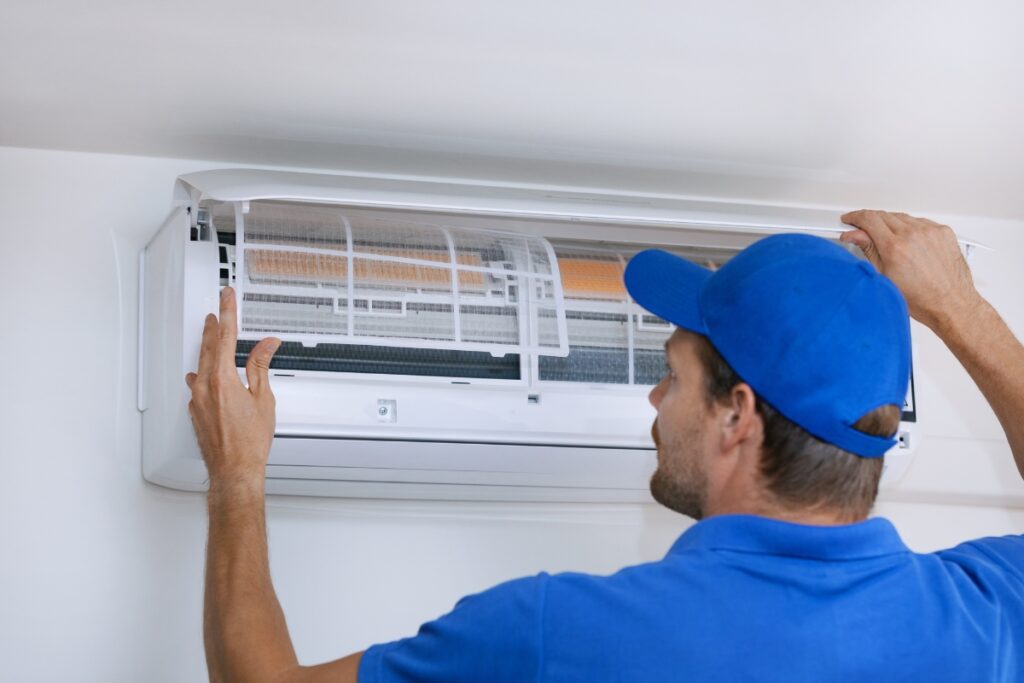
Before embarking on an HVAC system upgrade, it’s important to assess your home’s heating and cooling needs. Factors such as the size of your home, insulation levels, and local climate should all be taken into consideration when determining the appropriate size and capacity for your new system.
A professional HVAC contractor can conduct a thorough assessment of your home to determine its specific requirements. They will consider factors such as square footage, number of rooms, ceiling height, insulation quality, and any existing ductwork. This evaluation will help ensure that you choose an HVAC system that is properly sized for optimal performance.
Exploring Energy-Efficient HVAC System Options
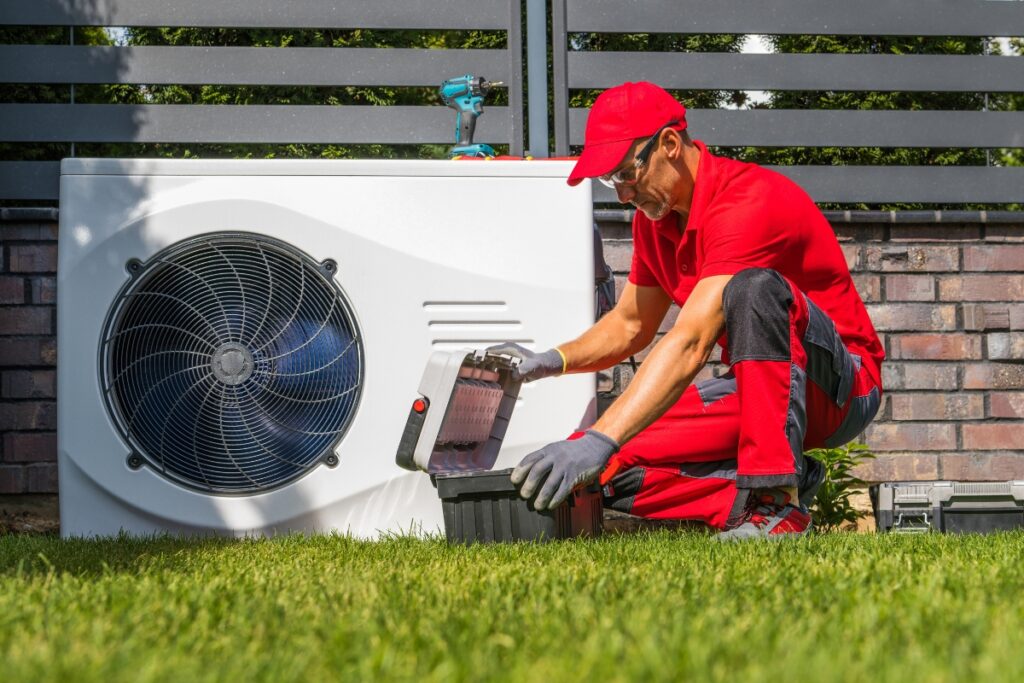
When it comes to upgrading your HVAC system, there are a variety of energy-efficient options to choose from. These systems utilize advanced technologies and innovative features to maximize energy savings without compromising on performance.
One popular option is a variable-speed HVAC system. Unlike traditional systems that operate at a fixed speed, variable-speed systems can adjust their output based on the specific heating or cooling needs of your home. This results in more precise temperature control and reduced energy consumption.
Another energy-efficient option is a heat pump system. Heat pumps are capable of both heating and cooling your home by transferring heat between the indoors and outdoors. They are highly efficient and can provide significant energy savings compared to traditional heating and cooling systems.
Budgeting for Your HVAC System Upgrade
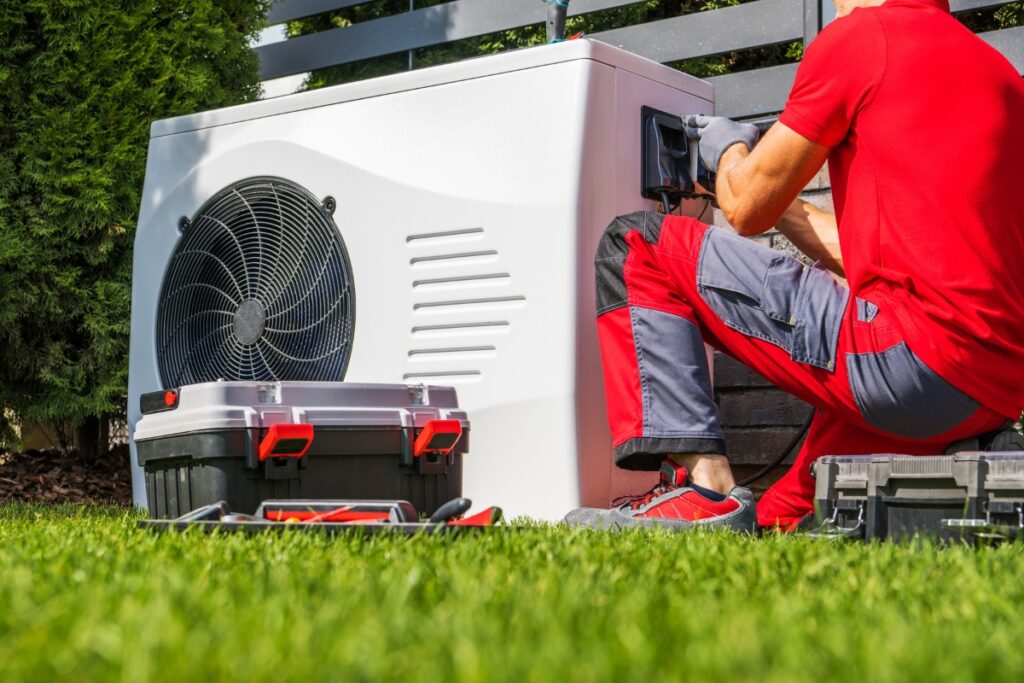
When planning for an HVAC system upgrade, it’s important to consider the associated costs and budget accordingly. The cost of a new system will depend on factors such as the size of your home, the type of system you choose, and any additional features or upgrades you opt for.
In addition to the upfront cost of purchasing the new equipment, you should also factor in installation costs. It’s recommended to hire a professional HVAC contractor for the installation to ensure proper sizing, placement, and functionality of your new system.
While an HVAC system upgrade may require an initial investment, it’s important to remember that it is a long-term investment that will pay off in terms of energy savings and increased comfort over time. Additionally, many utility companies offer rebates or incentives for upgrading to more energy-efficient systems, which can help offset some of the upfront costs.
Choosing the Right HVAC System for Your Home
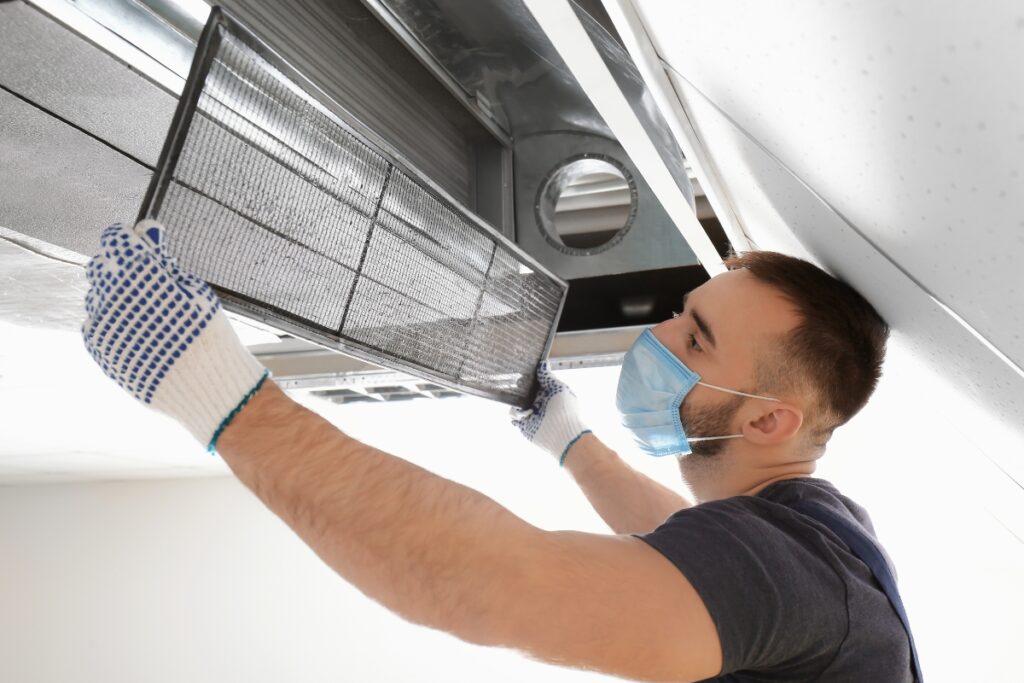
Choosing the right HVAC system for your home involves considering various factors such as size, efficiency ratings, and features. It’s important to select a system that is properly sized for your home to ensure optimal performance and energy efficiency.
When it comes to efficiency ratings, look for systems with high Seasonal Energy Efficiency Ratio (SEER) ratings for cooling and high Annual Fuel Utilization Efficiency (AFUE) ratings for heating. These ratings indicate the system’s energy efficiency and can help you make an informed decision.
Consider any additional features or upgrades that may enhance the performance and comfort of your HVAC system. For example, a programmable or smart thermostat can allow you to easily control and schedule temperature settings, maximizing energy savings.
Finding a Qualified HVAC Contractor for Installation
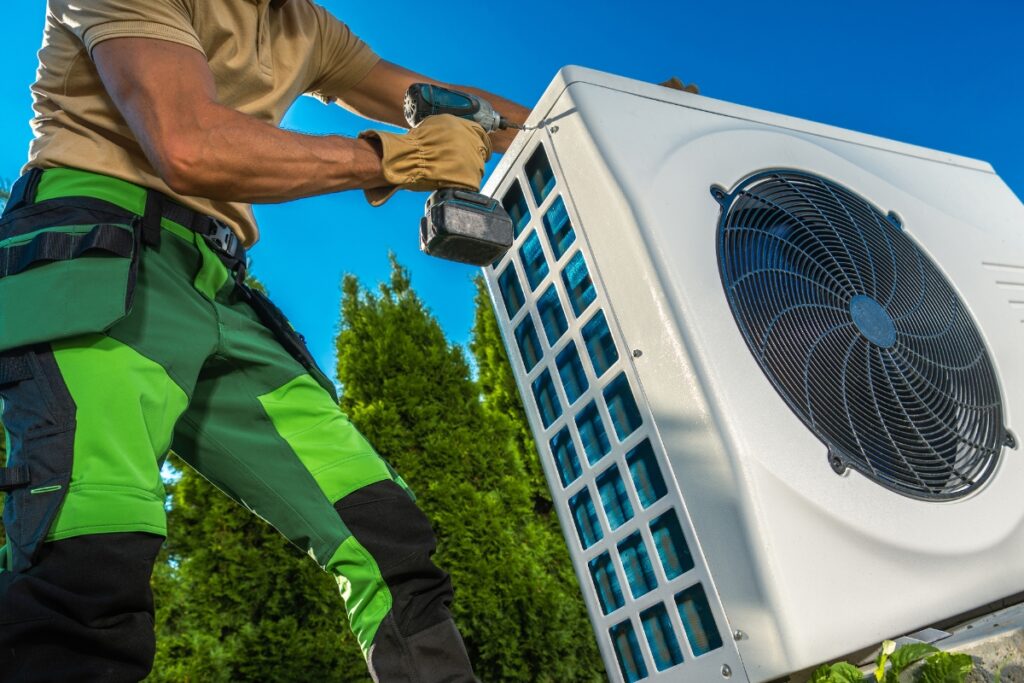
Choosing a qualified HVAC contractor is crucial when it comes to the installation of your new system. A professional contractor will have the knowledge, experience, and expertise required to ensure a proper installation that meets industry standards.
When selecting an HVAC contractor, consider factors such as their licensing and certifications, reputation in the industry, and customer reviews. It’s also important to request quotes from multiple contractors to compare prices and services offered.
A reputable contractor will conduct a thorough assessment of your home’s heating and cooling needs before recommending the most suitable system for your specific requirements. They will also provide guidance on maintenance practices to maximize the lifespan and efficiency of your new HVAC system.
Maximizing Comfort and Efficiency With Smart Thermostats
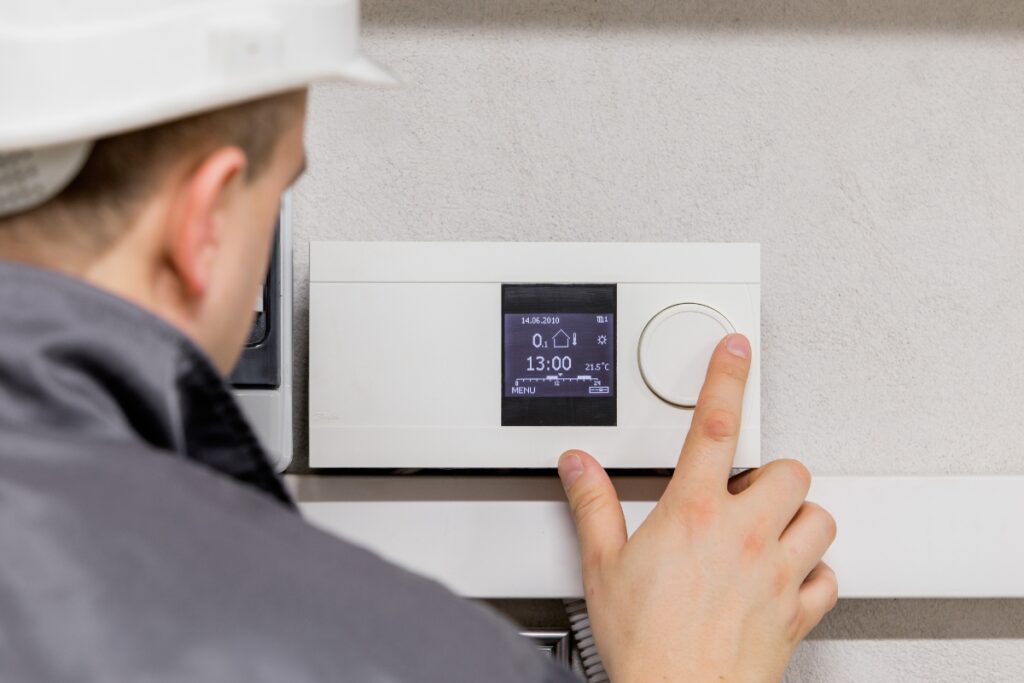
Incorporating smart thermostats into your HVAC system upgrade can further enhance both comfort levels and energy efficiency in your home. Smart thermostats offer advanced features such as remote access through smartphone apps, learning capabilities that adapt to your schedule, and integration with other smart home devices.
With remote access, you can easily adjust temperature settings even when you’re away from home, ensuring optimal comfort and energy savings. Learning capabilities allow the thermostat to automatically adjust temperature settings based on your habits and preferences, further optimizing energy efficiency.
Integration with other smart home devices, such as occupancy sensors or window sensors, can help the thermostat make more informed decisions about when to adjust temperature settings. For example, if a room is unoccupied or a window is open, the thermostat can automatically adjust accordingly to conserve energy.
Maintaining and Extending the Lifespan of Your HVAC System
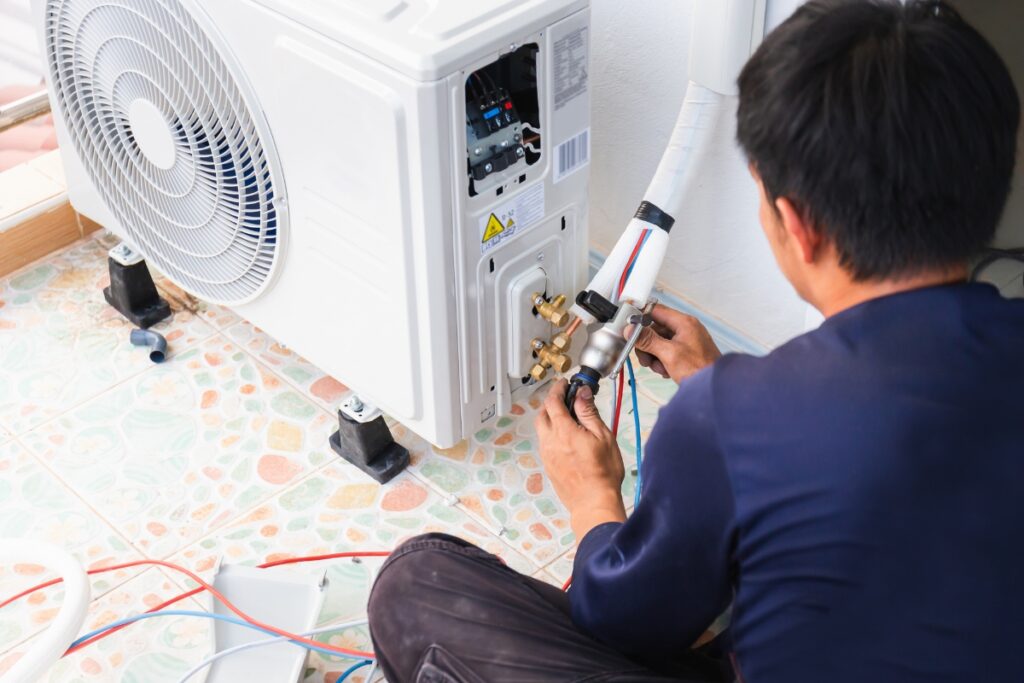
Proper maintenance is essential for maximizing the lifespan and efficiency of your HVAC system. Regular maintenance tasks include cleaning or replacing air filters, inspecting and cleaning coils, checking refrigerant levels, and lubricating moving parts.
It’s recommended to schedule annual maintenance visits with a professional HVAC technician to ensure that your system is operating at its best. During these visits, the technician will perform a thorough inspection, identify any potential issues or inefficiencies, and make necessary adjustments or repairs.
In addition to professional maintenance, there are also some simple steps you can take to keep your HVAC system running smoothly. These include keeping outdoor units clear of debris, regularly cleaning vents and registers, and ensuring proper insulation in your home to minimize heat loss or gain.
Enhancing Indoor Air Quality with Your HVAC Upgrade
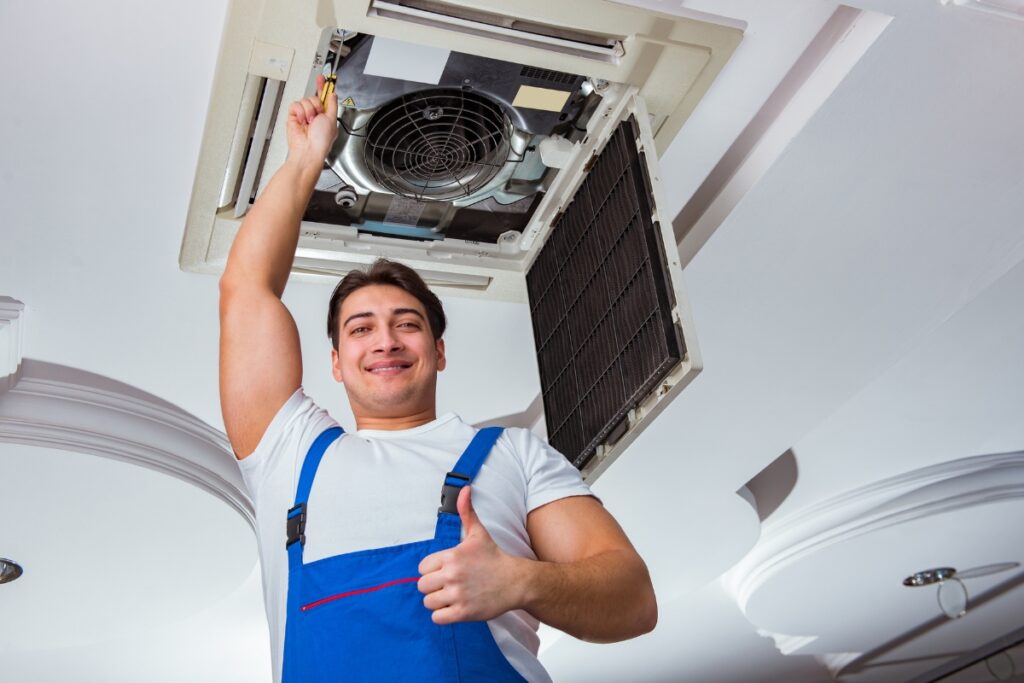
An HVAC system upgrade presents an opportunity to improve indoor air quality in your home. Modern systems offer advanced filtration options that can effectively remove dust, allergens, and other airborne pollutants from the air.
Consider upgrading to a system with high-quality air filters or additional filtration features such as UV lights or electronic air cleaners. These technologies can help reduce indoor pollutants and create a healthier living environment for you and your family.
In addition to upgrading your HVAC system’s filtration capabilities, it’s important to maintain proper ventilation in your home. Ensure that air vents and ducts are clean and free of obstructions to allow for optimal airflow.
Conclusion: Enjoying the Ultimate Comfort and Efficiency in Your Transformed Home
An HVAC system upgrade has the power to transform your home into a haven of comfort and efficiency. By investing in a modern and energy-efficient system, you can enjoy precise temperature control, reduced energy consumption, improved indoor air quality, and lower utility bills.
If you’re ready to transform your home with an HVAC system upgrade, look no further than CoolPro Heating & Cooling. Our team of experts is dedicated to providing top-notch HVAC services to ensure your home is efficient and comfortable year-round. Contact us today at 770-694-6232 or put in a request for your needed HVAC service and take the first step towards a more comfortable home.

